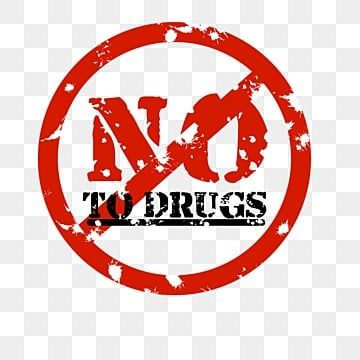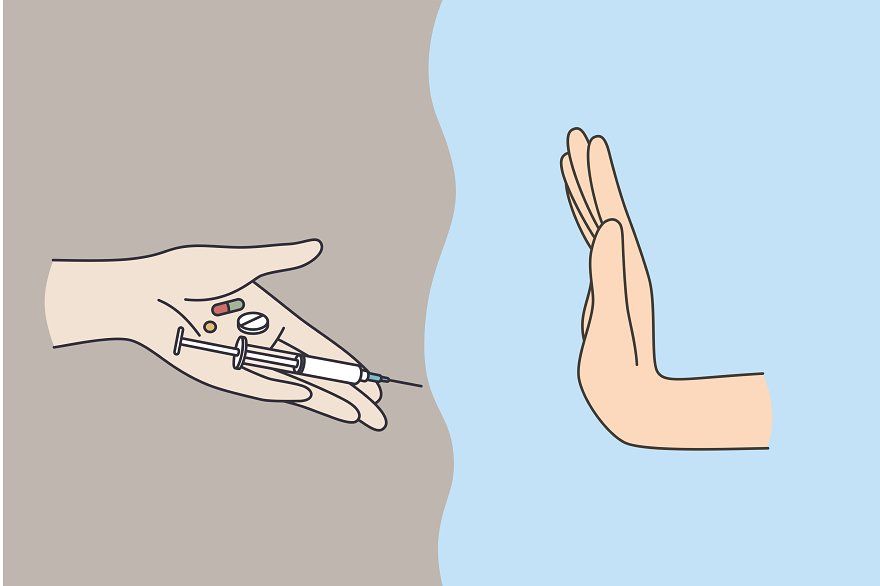World Drug Day is also known as the International Day against Drug Abuse and Illicit Trafficking. It is a day designated by the United Nations to raise awareness about the global issue of drug abuse, illicit drug trafficking, and the harmful consequences associated with drug addiction. The primary goal of World Drug Day is to promote and support efforts to combat drug abuse and illicit drug trafficking worldwide. There are many organisations that work tirelessly against the problem. In this article, we will highlight the role of three such international organisations who are working to control drug abuse.
Why do we have world drug day?
World Drug Day serves as an opportunity to highlight the importance of prevention, education, and treatment programs, as well as to mobilise support for international cooperation in addressing the drug problem. On this day, various activities and events take place around the world to increase awareness and promote actions against drug abuse. These activities may include public campaigns, educational programs, seminars, conferences, art exhibitions, and sports events aimed at engaging communities, youth, and individuals in the fight against drugs.
What does ‘drug’ mean?
It is important to note that while the term “drugs” commonly refers to illegal substances, World Drug Day also encompasses raising awareness about the misuse and abuse of legal substances, such as prescription drugs and alcohol. Overall, World Drug Day serves as a global platform to encourage dialogue, cooperation, and action to address the multifaceted challenges posed by drug abuse and illicit drug trafficking in order to create a healthier and safer world for everyone.

Also Read: Brands & Entertainment Second Edition Culminates On A High Note
Organisations to combat drug abuse
There are several international organisations that work tirelessly to combat drug abuse and illicit drug trafficking. Here are three prominent organisations dedicated to this cause-
United Nations Office on Drugs and Crime (UNODC)
The UNODC is a global leader in the fight against illicit drugs and international crime. It plays a crucial role in promoting international cooperation, supporting member states in implementing drug control strategies, and providing technical assistance and capacity-building programs. The UNODC works on various aspects, including prevention, treatment, rehabilitation, and alternative development programs to address the world drug problem.
World Health Organisation (WHO)
While the WHO’s primary mandate is to promote global health, it also plays a vital role in addressing drug abuse and its health consequences. WHO develops evidence-based policies, guidelines, and strategies to prevent drug abuse, improve access to treatment and care for individuals with substance use disorders, and support countries in strengthening their health systems to address drug-related issues effectively.
International Narcotics Control Board (INCB)
The INCB is an independent and quasi-judicial body established by the United Nations. It monitors the implementation of the United Nations drug control conventions and works to ensure the availability of narcotic drugs and psychotropic substances for medical and scientific purposes while preventing their diversion and abuse. The INCB promotes international cooperation, provides guidance to member states on drug control measures, and assesses the global drug situation to make recommendations for action.

These organisations collaborate with governments, civil society, and other stakeholders to develop comprehensive strategies, policies, and programs aimed at preventing drug abuse, reducing demand, and disrupting illicit drug trafficking networks. Only collective efforts can help in raising awareness and providing support to address the complex challenges posed by drug abuse and illicit drug trafficking. Fostering international cooperation can be a crucial tool to combat the global problem.


